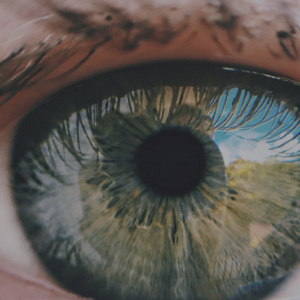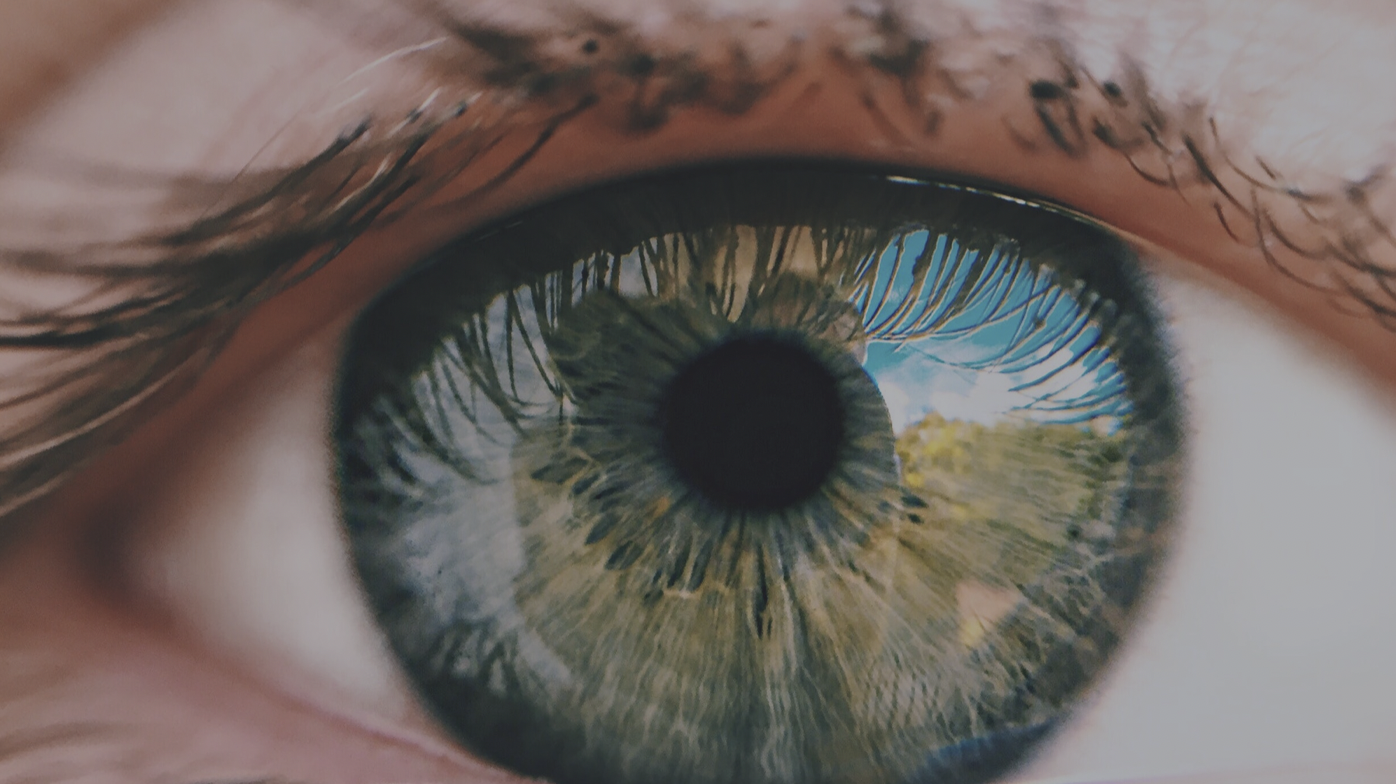
As the cold sets in and the temperature decreases it’s reasonable to believe that UV radiation is less of an issue. As important as it is in the summer, you need to take precautions to shield your eyes from the winter light. UV radiation is still a concern in colder climates with cloudy skies, therefore protecting your eyes becomes essential all year round.
Because of changes in the angle of the sun and Earth’s position throughout this time of year, there may be more UV exposure. Scenes covered in snow have the ability to reflect UV rays upward, acting as a mirror and enhancing their effects on human eyes. As a result, wearing eye protection in the winter is essential.

Given the significance of safeguarding your eyes during this season, follow these crucial guidelines to ensure the safety and security of your vision:
Put on Sunglasses with 100% UV Protection: Make an investment in premium sunglasses that offer complete UV protection. Seek out sunglasses that can protect UVA and UVB radiation. To further protect your eyes from the sides, think about wraparound designs or wider frames.
Think about photochromic lenses, which can adapt to different lighting conditions. When exposed to UV light, these lenses darken, providing convenience as they adjust to the varying light levels throughout the day.
To lessen glare from surfaces like snow and ice, which can seriously strain your eyes, choose polarised lenses.
Hats and Visors: Wear visors or hats with wide brims to complement your eye protection. Additional protection from both direct and reflected UV radiation is offered by these accessories.
Routine eye exams Make an appointment for routine eye exams with your optometrist. The winter is a great time to check your eyes and see if there are any issues. Drink plenty of water because the dry air and chilly winds of winter can cause pain and dry eyes. To keep your eyes lubricated, stay hydrated.
Digital Screens and Indoor Protection: Shield your eyes from blue light emitted by digital screens even throughout the winter. If you spend a lot of time in front of screens, you might want to get some blue light filtering glasses.
Don’t forget that cloudy days don’t always call for UV protection. It is a year-round requirement. The combined effects of UV exposure have been linked to a number of eye disorders, such as photokeratitis, cataracts, and macular degeneration.
This winter, choose wisely to protect your eyes. To get the finest eye protection for your needs, see your optician. During these chilly months, your eyes will appreciate the love and care you give them.
You may take in the beauty of the winter season and make sure your eyes stay healthy and clear for years to come by making eye protection a priority.





